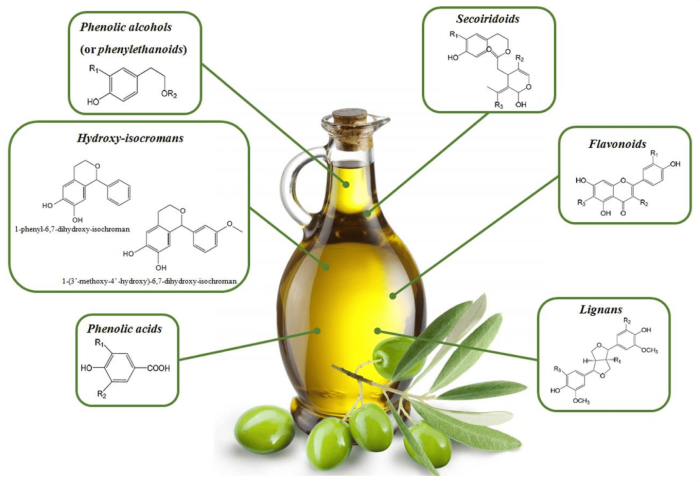Novel PCSK9 Inhibitor Seeks FDA Approval for LDL-C Reduction
LIB Therapeutics Inc., a privately-held biopharmaceutical company in its late stages, has announced the submission of a Biologics License Application (BLA) to the U.S. Food and Drug Administration (FDA). The application seeks approval for Lerodalcibep, a groundbreaking medication designed to lower low-density lipoprotein cholesterol (LDL-C) in patients with atherosclerotic cardiovascular disease (ASCVD), those at high risk of ASCVD, and individuals with primary hyperlipidemia, including both heterozygous and homozygous familial hypercholesterolemia (HeFH / HoFH).
Lerodalcibep represents a significant advancement in PCSK9 inhibitor technology. As a third-generation, adnectin-based, small protein-binding inhibitor, it offers a more convenient treatment option compared to existing PCSK9 inhibitors. The medication is designed for once-monthly, self-administered subcutaneous injection, featuring a small volume and long-term stability at room temperature.
Dr. Evan Stein, the Founder and Chief Operating and Scientific Officer of LIB Therapeutics, highlighted the substantial unmet need among patients with cardiovascular disease or high cardiovascular risk. He emphasized that Lerodalcibep has demonstrated consistent and long-lasting LDL cholesterol reduction in clinical trials, enabling most patients to achieve the stringent LDL-cholesterol targets set by global guidelines.
David Cory, CEO of LIB Therapeutics, announced that following the BLA submission to the FDA, the company is preparing a Marketing Authorization Application (MAA) for submission to the European Medicines Agency (EMA) by mid-2025. The company is also gearing up for the commercial launch of Lerodalcibep, which is positioned to enter a growing global PCSK9 market projected to reach $5 billion by 2025.
The BLA is supported by an extensive development program involving 2,900 patients across five global Phase 3 registration studies, collectively known as the LIBerate program. These studies included over 2,300 patients on maximally tolerated statin and other oral agents who required additional LDL cholesterol reduction. The Phase 3 LIBerate studies evaluated Lerodalcibep’s safety and efficacy in patients with cardiovascular disease (CVD) or at high risk for CVD, including those with HeFH and HoFH. The medication was administered once monthly for up to 52 weeks in these key registration-enabling, double-blind, placebo-controlled trials, with over 2,400 patients continuing in a 72-week open-label extension trial.
Commentary by YourDailyFit columnist Alice Winters:

The announcement of Lerodalcibep’s BLA submission marks a potentially significant milestone in the management of cardiovascular health, particularly for those struggling with high cholesterol levels. As a health product commentator, I find several aspects of this development particularly noteworthy and worthy of deeper analysis.
First and foremost, the innovation in drug delivery and storage is commendable. Lerodalcibep’s once-monthly, self-administered subcutaneous injection with long-term ambient stability addresses key issues in patient compliance and ease of use. This represents a marked improvement over current PCSK9 inhibitors, which often require more frequent administration and refrigeration. Such advancements in user-friendliness can significantly impact patient adherence, a critical factor in the long-term management of chronic conditions like hypercholesterolemia.
The robust clinical trial program, encompassing nearly 3,000 patients across multiple studies, provides a solid foundation for regulatory review. The inclusion of diverse patient populations, including those with heterozygous and homozygous familial hypercholesterolemia, suggests a broad potential application of the drug. However, it’s crucial to note that while the trial results appear promising, the full data set has not been made publicly available, and FDA approval is still pending.
From a market perspective, Lerodalcibep is poised to enter a competitive yet growing field. With the global PCSK9 inhibitor market projected to reach $5 billion by 2025, LIB Therapeutics is positioning its product as a potential best-in-class option. This claim, while bold, will need to be substantiated by head-to-head comparisons with existing treatments and real-world evidence post-approval.
The emphasis on achieving more stringent LDL-C targets aligns with evolving global guidelines for cardiovascular health. This focus on aggressive lipid management could potentially reshape treatment paradigms, particularly for high-risk patients who struggle to reach optimal LDL-C levels with current therapies.
However, several questions remain unanswered. The long-term safety profile of Lerodalcibep, particularly beyond the 72-week extension trial, will be crucial to monitor. Additionally, the cost-effectiveness of this new therapy compared to existing treatments will be a key factor in its adoption and accessibility.
In conclusion, Lerodalcibep represents a promising advancement in cholesterol management, offering potential improvements in efficacy, convenience, and patient compliance. As we await the FDA’s decision and further clinical data, it’s clear that this development could significantly impact the landscape of cardiovascular health management. However, as with any new medical intervention, cautious optimism is warranted until long-term safety and efficacy data become available in real-world settings.



